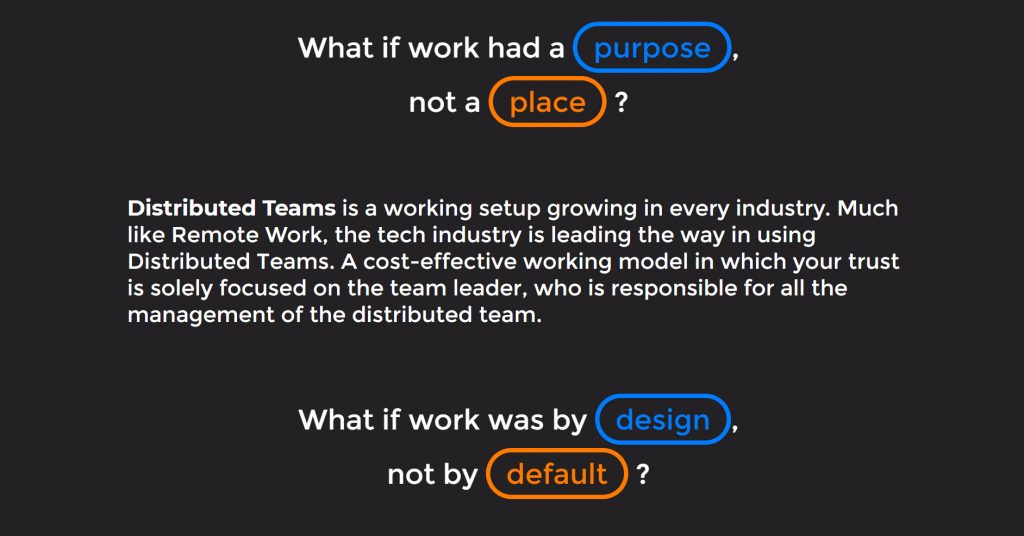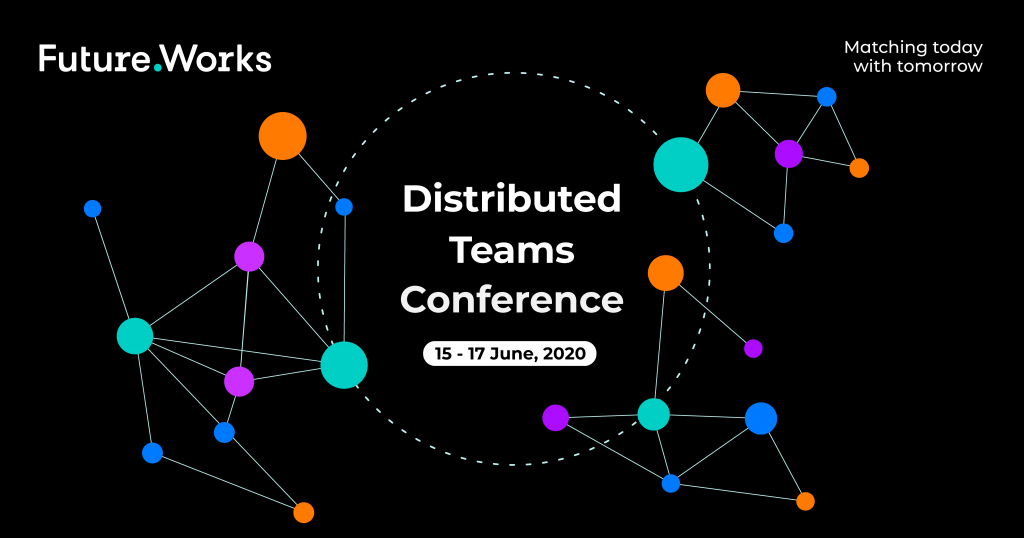The last three months of the COVID-19 crisis have resulted in the biggest remote work experiment that Landing.Jobs, a Lisbon-based tech company, has ever experienced.
Landing.Jobs is a candidate-driven marketplace dedicated to matching the best tech professionals to the best companies all around Europe.
The COVID-19 crisis has changed the way people work, forcing some teams to move to a fully remote work setup.
According to an official statement by Landing.Jobs, remote work and distributed teams have become the standard for many companies and may even become the new normal after the pandemic.
Right now, to get tech talent, companies need to spend growing sums in tech recruiters (one of the fastest-growing job categories in the last two years), ATSs, and all types of external recruiting services.
After finding the right talent, companies put them in payroll, and assign them to a team or project, managed internally—creating a heavy structure.

How can companies become more agile and adapt to the future of work?
For Pedro Moura, head of talent at Landing.Jobs, the answer is in the reconceptualization of the workforce with the idea of distributed teams.
He explains: “A Distributed Team is composed of 4 to 7 tech talents working remotely for a client company in a local office setup. For example, a Portuguese network team working in an office in Porto for a British company.”
Read more: Distributed Teams Feasible, Need to Invest in Upskilling Low-Skilled Workers
According to Pedro, a distributed team starts by the company selecting a team leader and defining the charter for the team (turn-key projects, time, materials, goals, functions, projects, team profiles, company work, communication procedures, standards, etc).

“The team leader staffs the team members and assures work is being done and delivered. The distributed team members don’t need to have any formal contract with the client company,” Pedro added.
For tech talent in these teams, this means working together in an office close to their homes (not necessarily in big cities), or even remote in some cases, improving their motivation, sense of belonging, and commitment.
Believing in the power of distributed teams, Future.Works is holding the Distributed Teams Conference, a free online event.

The event, which began on June 15 and runs until 17, is focused on topics like distributed teams, people management, culture and communication, and a new workspace.

Future.Works is the umbrella brand of Landing.Jobs. The brand focuses on revolutionizing how people think and manage careers and creating products, services, and projects to prepare companies and tech talent for the future of work.







